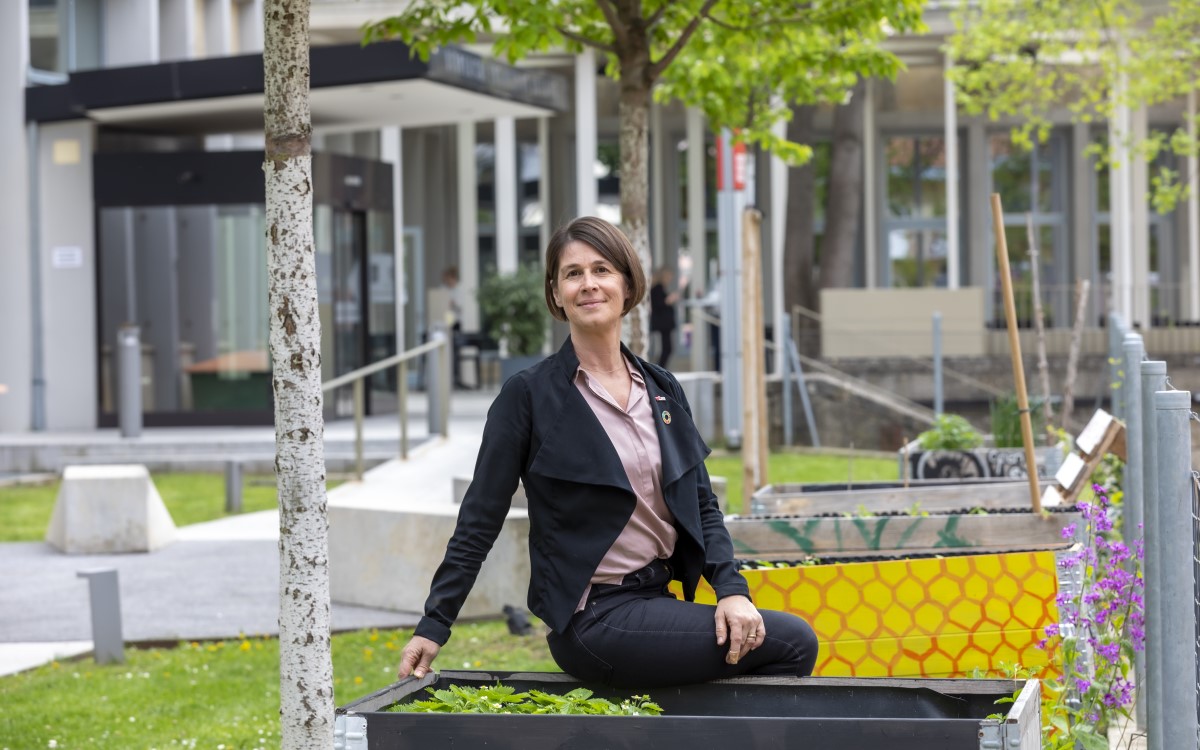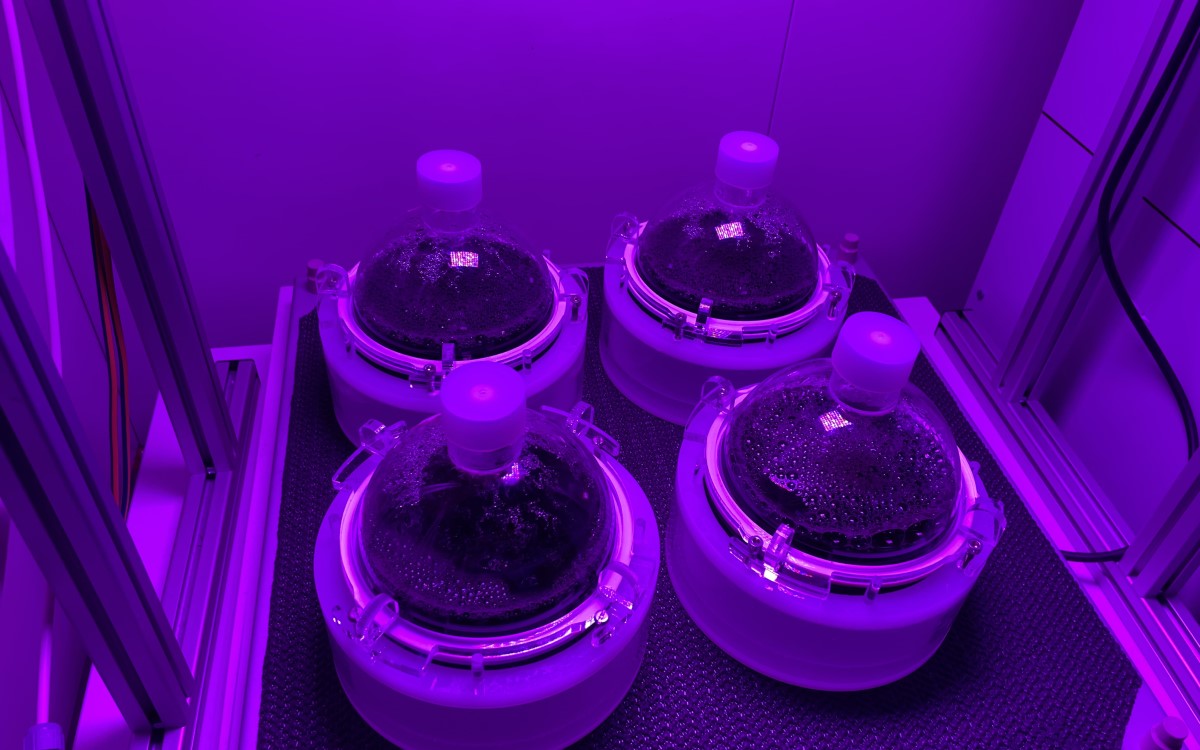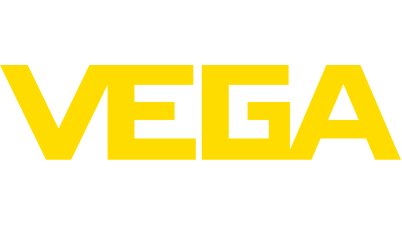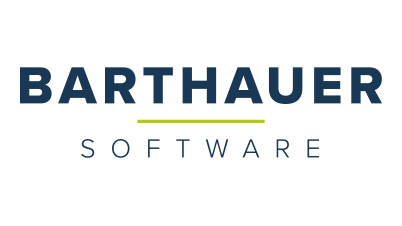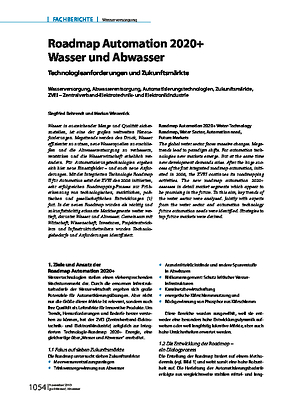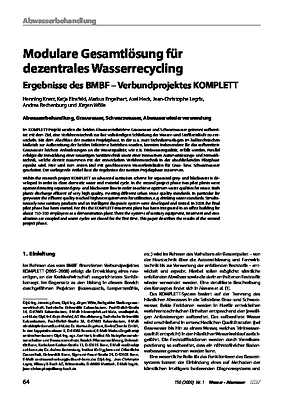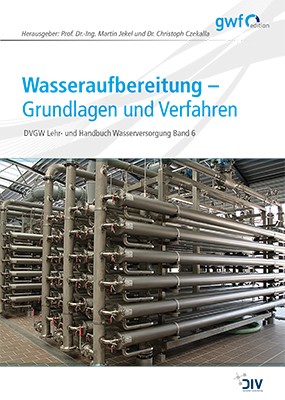Among other things, the study “Austria’s water resources” published in 2021, which analysed the current water demand at the time and developments over the next 30 years with regard to climate change, was incorporated into the development of the tool. In addition, the researchers derived water demand forecasts based on localised water supply data and coordinated with the project partners, the federal states of Styria, Carinthia, Upper Austria and Salzburg, as well as the Federal Ministry of Agriculture, Forestry, Regions and Water Management and three water supply companies.
From this, the team derived performance indicators that a water supply system must fulfil and developed usable parameters based on the research literature. These had to be modelled together with the forecasts and hydraulic simulation software and linked to a user interface. Johanna Pirker, Valentin Adler and Georg Arbesser-Rastburg at the Institute of Interactive Systems and Data Science were responsible for implementing the gamified aspects of the tool.
Daniela Fuchs-Hanusch says: “The impact of climate change on the use and availability of water in water-rich Austria is becoming ever greater. It was therefore important to us in the project to combine engineering knowledge with gamification elements in such a way that optimisations for the water supply can be solved just as well, or perhaps even better, than with mathematical optimisation algorithms. With the EWA tool, water supply companies can really gauge how their system will react in extreme situations and in the predicted future, and even try out variants in a playful way.”
